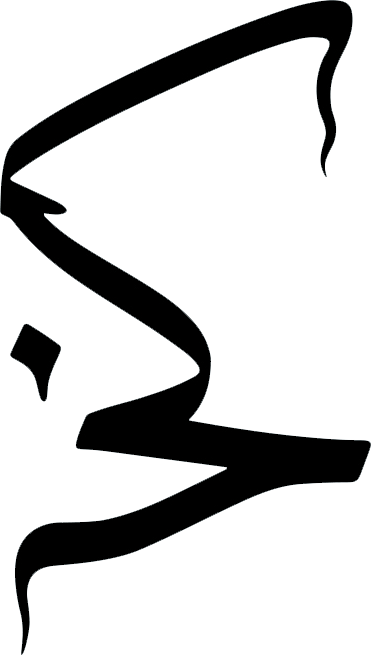Three Essays by Hélé Béji
by Hélé Béji,
with Jorge A. Rodríguez Solórzano and Audri Augenbraum
This work appears in Khabar Keslan Issue 2. PASSAGE
Hélé Béji, fondatrice du Collège international de Tunis. Photo Axelle de Russé. Taken from Le Figaro, December 2011.
Altered States:
Three Essays by Hélé Béji
HÉLÉ BÉJI explores the dissociative feeling of Tunisia’s transitions
The word “decolonization” is often used to designate the historical period during which campaigns for national liberation across the world were fought against European imperial powers. In its verb form, “decolonize,” the term becomes a call to action among those seeking to dismantle white supremacy. “Decolonize your mind,” “decolonize your body,” “decolonize your art” is to say: “resist their subjugation to racism.” Despite the wars fought against colonial rule and the official proclamations declaring its end, the struggles continue. This fact, as well as its renewed life as a call to action, evince the persistence of colonialism. But, following Tunisian writer Hélé Béji, this is not to say that it is the same colonialism of the past...
1. Decolonize Time (2014)
"... slavery to the new or tyranny of the old, there is a bewildering of time, a loss of the human feeling of inhabiting time. The experience of decolonization was for us the experience of this erratic voyage in time."
2. Discourse of Identity (1982)
"After the victory of independence in decolonized countries, we have seen new forms of political alienation appear, which one cannot confuse with that which one calls, schematically, neocolonialism."
3. Tunisian Islam or Civil Islam (2015)
"A question: will political Islam be included without endangering the nation? Will national right have the reason of divine right? Will the religious allegiance annihilate citizenship? These questions largely surpass the Tunisian framework."
Hélé Béji was born in 1948 in the city of Tunis (Tunisia) and grew up in a family (Ben Ammar) who took part in the struggle for Independence from French colonialism. She is published widely in Tunisia and France. These days, Hele is a member of the executive Committee of Tunisie Alternatives, Tunisia Alternatives, and Think and Do. She is also the current president of the College International de Tunis, an NGO she founded in 1998.
Jorge A. Rodríguez Solórzano is a writer, translator and chief editor of the forthcoming literature journal Moly. His translation work has appeared in Khabar Keslan and Angelaki Journal of the Theoretical Humanities. Jorge’s interest in postcolonial history and thought originated at Reed College, where he majored in French and Francophone Literature. He is currently based in Los Angeles.
Audri Augenbraum is a New York based researcher at Columbia University’s Interdisciplinary Center for Innovative Theory and Empirics, where she works with oral histories of Tunisia’s post-revolutionary transition. She is interested in mobile populations and the states that seek to control them, including pirates, migrant workers, and diasporic elites. Her work has been published in The New Inquiry and the Oral History Review blog.

